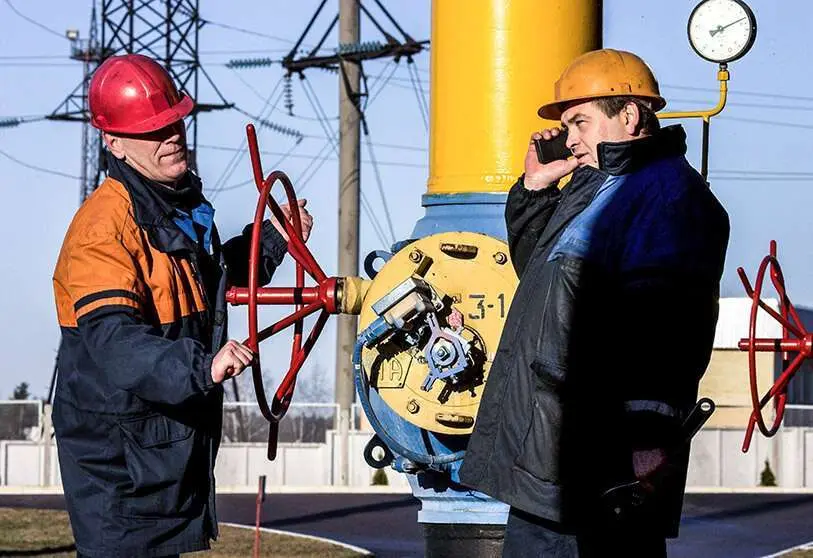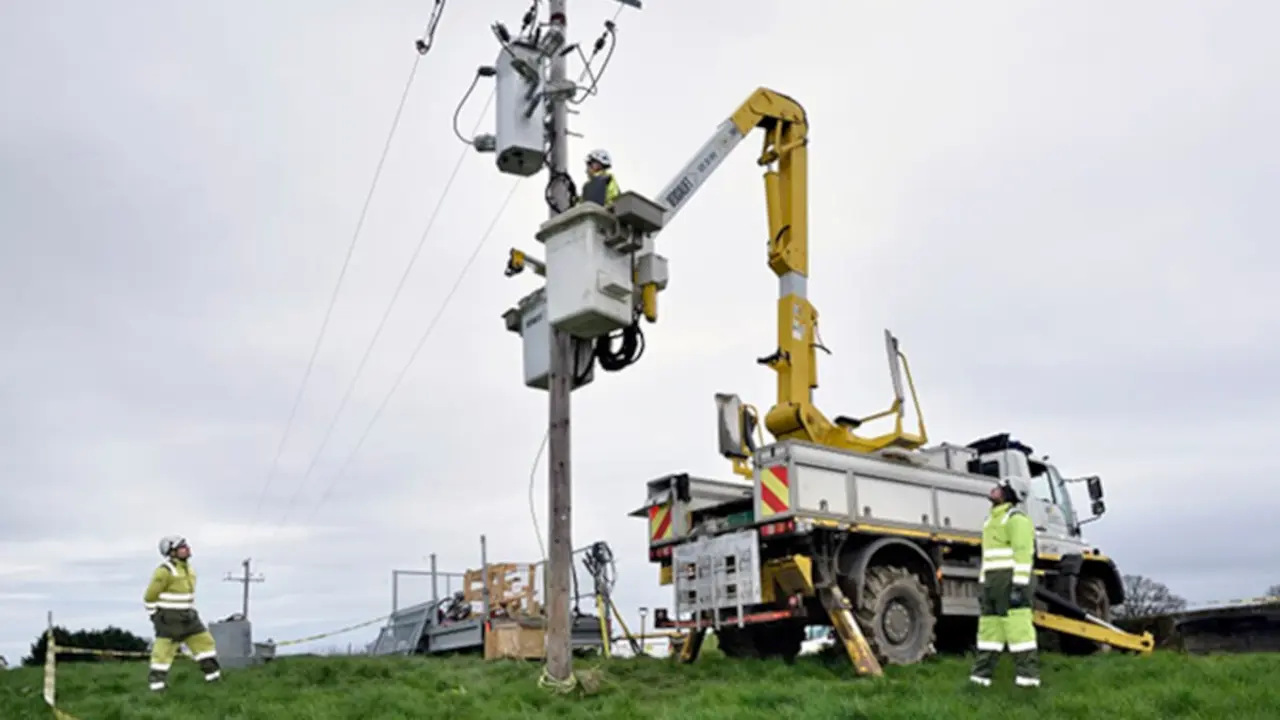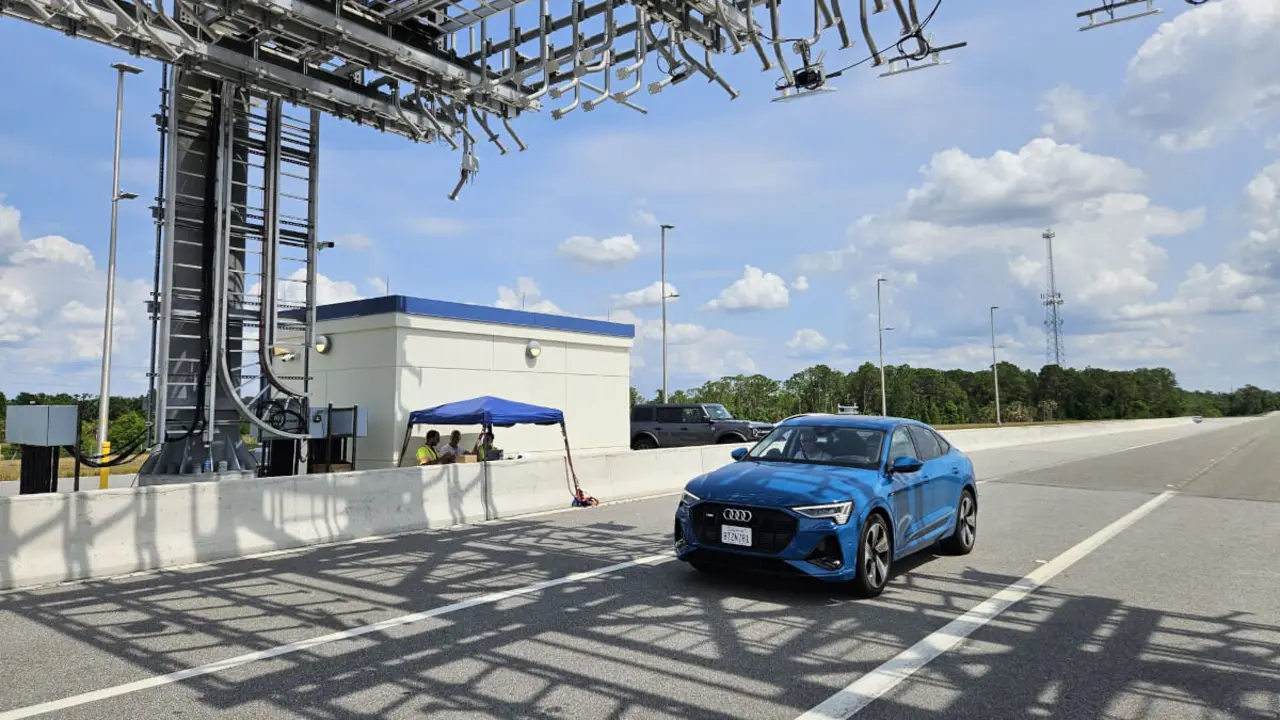European Parliament approves plan to stockpile gas before winter

The European Parliament (EP) today approved a plan to speed up the storage of natural gas in European Union (EU) countries before winter with the aim of protecting households and businesses in the event that Russia decides to suspend supplies in retaliation for economic sanctions over the war in Ukraine.
The new regulation, approved by 490 votes in favour, 47 against and 55 abstentions, aims to "shield" reserves from "external interference" and sets a target of having strategic gas reserves at least 80% of capacity by 1 November, according to a Parliament statement released on Thursday.
The plan, already agreed with Member States, classifies gas storage facilities as "critical infrastructure" and stresses the need for Member States to diversify their sources of supply and promote energy efficiency measures.

The text, the communiqué adds, calls on EU countries to "strive" to reach 85% of reserves and establishes that, from 2023, the objective to be met will be to reach 90%.
On the other hand, the agreement between MEPs and countries includes the request made by Spain and Portugal for the storage level calculation to also take into account liquefied natural gas (LNG) reserves.
In addition, all operators of gas storage infrastructures will have to undergo a new mandatory certification designed to reduce the risk of external interference, according to the statement.

Operators who fail to obtain this certification will have to relinquish ownership or control of any gas storage facility in the EU.
"The regulation responds to the current situation. Gazprom uses energy as a weapon, so we are providing ourselves with a protective shield. We will also not have someone who uses energy as a weapon in control of our storage facilities," said Jerzy Buzek MEP, who heads Parliament's negotiating team.
Buzek also added that member countries will be able to start "in a formal way" with joint purchases of natural gas.
EPP member Cristian Buşoi, rapporteur and chair of the Industry, Research and Energy Committee, defended the new law and said that its entry into force "encourages" "solidarity" in the EU.
"Countries with large storage capacity will be obliged to have reserves for at least 35% of their consumption. Those that do not have reserve capacity will have to reach agreements with other member states to store the necessary quantities," he said.

The regulation provides for these mandatory stock levels to expire on 31 December 2025 - although mandatory certificates will continue to exist after that date - and includes specific exemptions for Cyprus, Malta and Ireland because they are not directly connected to the gas system of other member states.
The total underground storage capacity in the EU is 1,100 terawatt hours (TWh), or around 100 million cubic metres distributed over 160 installations in 18 Member States.
However, 73% of the bloc's gas reserves are concentrated in five Member States (Germany, Italy, France, the Netherlands and Austria).








